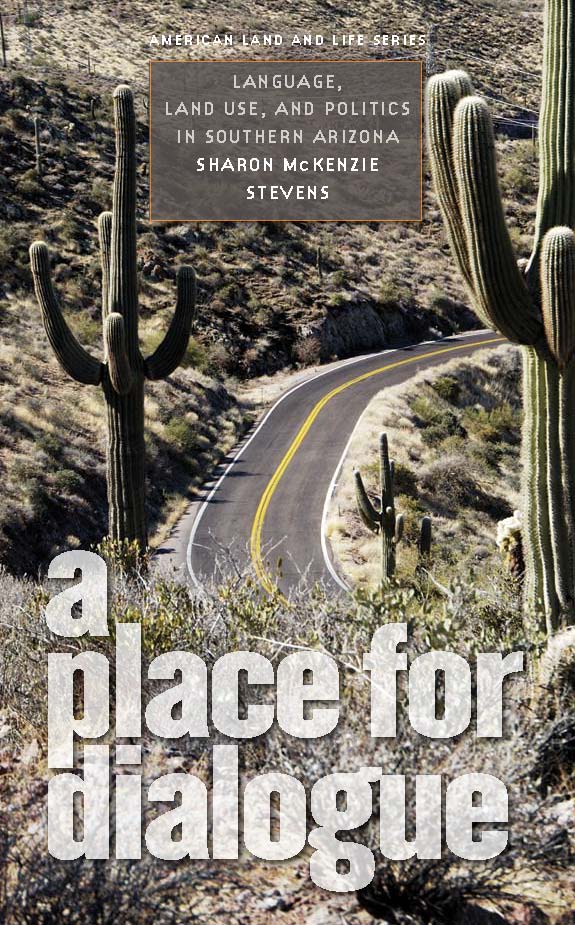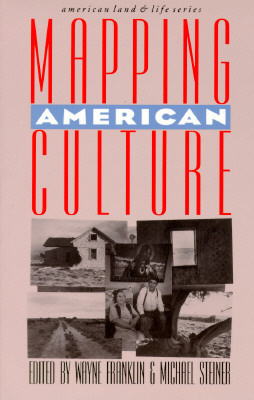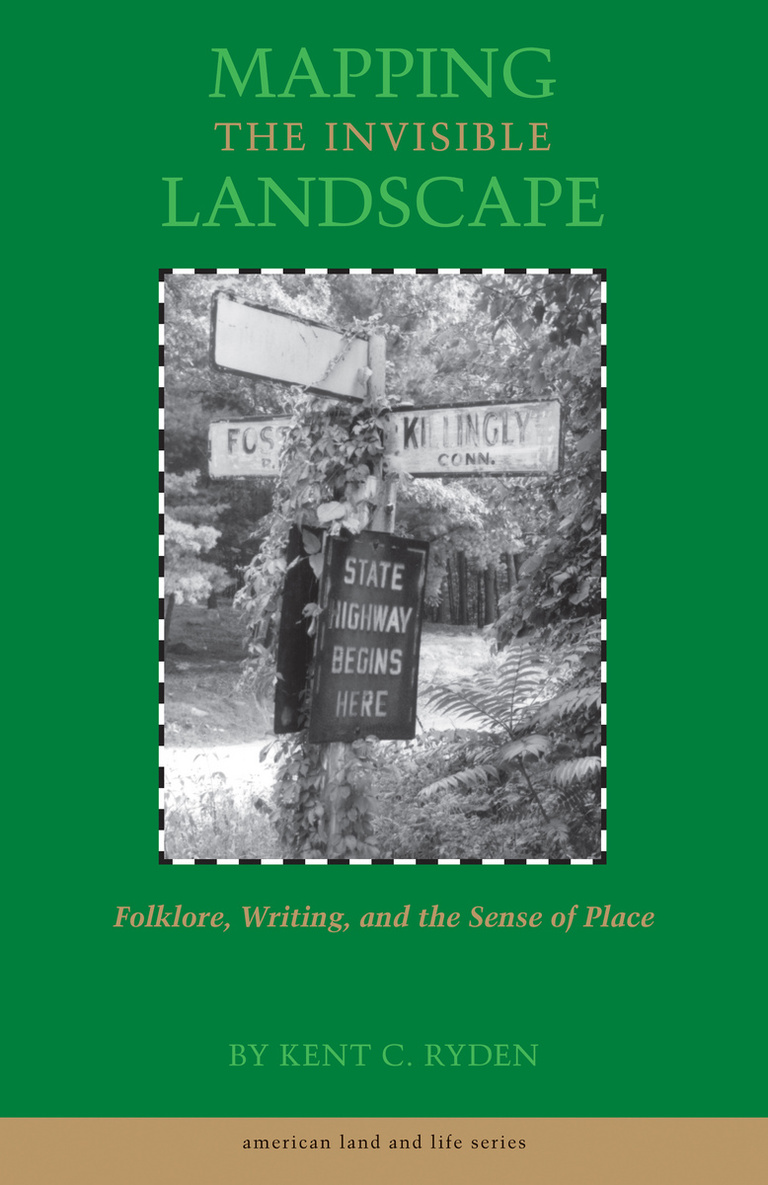In A Place for Dialogue, Sharon McKenzie Stevens views the contradictions and collaborations involved in the management of public land in southern Arizona—and by extension the entire arid West—through the lens of political rhetoric. Revealing the socioecological relationships among cattlemen and environmentalists as well as developers and recreationists, she analyzes the ways that language shapes landscape by shaping decisions about land use.
Stevens focuses on the collaborative Sonoran Desert Conservation Plan initiated by Pima County, Arizona, the ubiquitous use of scientific argument to defend contradictory practices, and the construction and negotiation of rancher/environmentalist identities to illuminate both literally and metaphorically the dynamics of land use politics. Drawing specifically upon extensive interviews with a diverse array of agents on all sides of the debate—ranchers, environmentalists, scientists, land managers, government officials—on historical narratives, and on her own conflicting experiences as someone who grew up with those who work the western lands, she demonstrates that it is possible to use differences to solve, rather than to aggravate, the entrenched problems that bridge land and language.
By integrating her richly textured case study of a fragile region with rhetorical approaches to narrative, science-based argument, and collective identities, Stevens makes a significant contribution to the fields of rhetoric, land management, and cultural studies.
“Sharon Stevens has immersed herself in the complex debate over ranching and conservation in southern Arizona and emerged with valuable sensitivity and insight. Rhetoric and hyperbole typically overwhelm constructive dialogue on the topic, but Stevens reveals how language, people, and places can engage and transform one another—as she herself was transformed— and create new possibilities.” —Nathan Sayre, University of California-Berkely, author, Ranching, Endangered Species and Urbanization in the Southwest and Working Wilderness.
Foreword by Wayne Franklin
Acknowledgments
Prologue
1. The Range of Rhetoric
2. Open Space, Conservation, and Endangerment
3. From Battle Lines to Collaborative Space
4. Socioecology and the Future of the Land
5. From Identity Politics to Dialogue Identities
Epilogue
Methodological Appendix
Notes
Works Cited
Index



